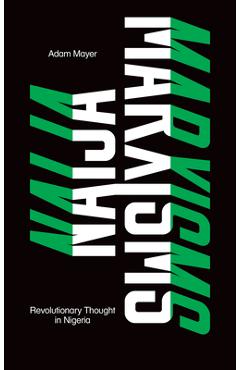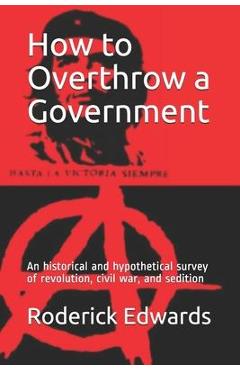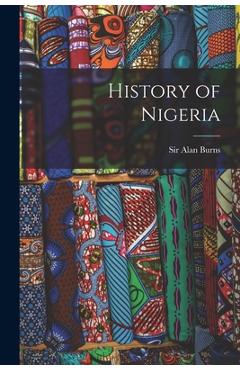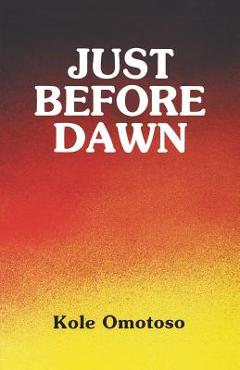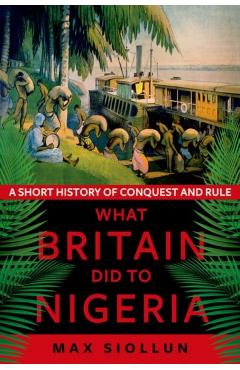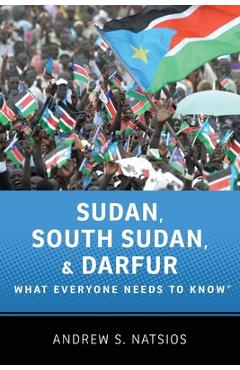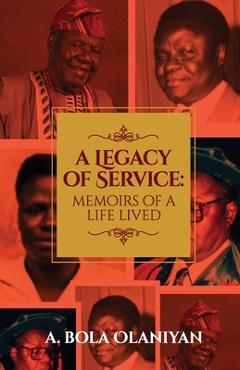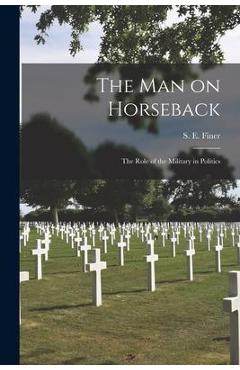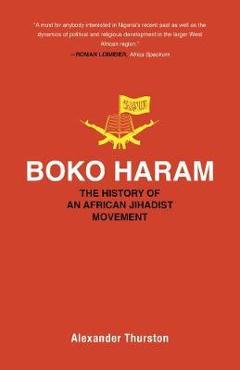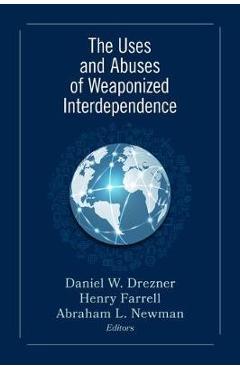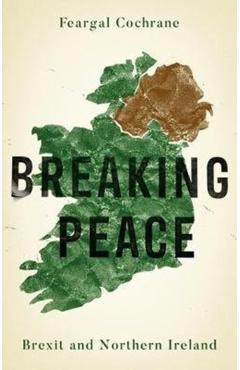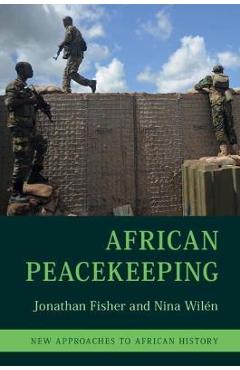Hubris: A Brief Political History of the Nigerian Army
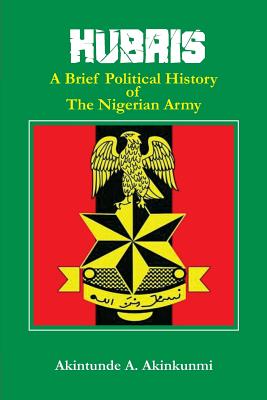
Hubris: A Brief Political History of the Nigerian Army
The Nigerian Army is an institution that has played a pivotal role in the affairs of the Federal Republic of Nigeria. For more than half of the 57 years since Independence, Nigeria was directly ruled by a Military Government, largely composed of army officers, and always headed by one. It is impossible to explore any facet of modern Nigerian history or society without the military (and in particular the Army) looming significantly. Whilst several authors have documented the history of Nigeria (and significantly less many of its Army), rarely, if ever, has the impact of the politics of Nigeria on the Army, and vice-versa, formed the exclusive subject of study. This volume is an endeavor to fill that gap.
The period leading up to the Army's first overt entry into the politics of Nigeria is reviewed, firstly the pre-Independence period, and then the years immediately following independence. The effects of the Nigerianisation of the Army, especially of the officer corps, and of the policy decisions made following the passing of control over the Army from the British to the Nigerian Government are considered. The political circumstances surrounding the Army's first overt entry into politics - the January 1966 coup - and the political performance of the subsequent first military regime are discussed, as a precursor to the second coup in July 1966.
The impact of the Army's direct involvement in politics on the military performance of both sides in the Civil War is explored. After a nine-year interregnum, in July 1975 Nigeria returned to the era of coups, with at least eight attempted and successful coups, some of them bloody, over the next quarter century before the return to civilian rule in 1999. The personalities leading the resultant military Governments, and the policies of those Governments, are explored, in an attempt to discern their legacy on the political development of Nigeria, and on the Nigerian Army as an institution.
PRP: 181.45 Lei
Acesta este Pretul Recomandat de Producator. Pretul de vanzare al produsului este afisat mai jos.
163.30Lei
163.30Lei
181.45 LeiIndisponibil
Descrierea produsului
The Nigerian Army is an institution that has played a pivotal role in the affairs of the Federal Republic of Nigeria. For more than half of the 57 years since Independence, Nigeria was directly ruled by a Military Government, largely composed of army officers, and always headed by one. It is impossible to explore any facet of modern Nigerian history or society without the military (and in particular the Army) looming significantly. Whilst several authors have documented the history of Nigeria (and significantly less many of its Army), rarely, if ever, has the impact of the politics of Nigeria on the Army, and vice-versa, formed the exclusive subject of study. This volume is an endeavor to fill that gap.
The period leading up to the Army's first overt entry into the politics of Nigeria is reviewed, firstly the pre-Independence period, and then the years immediately following independence. The effects of the Nigerianisation of the Army, especially of the officer corps, and of the policy decisions made following the passing of control over the Army from the British to the Nigerian Government are considered. The political circumstances surrounding the Army's first overt entry into politics - the January 1966 coup - and the political performance of the subsequent first military regime are discussed, as a precursor to the second coup in July 1966.
The impact of the Army's direct involvement in politics on the military performance of both sides in the Civil War is explored. After a nine-year interregnum, in July 1975 Nigeria returned to the era of coups, with at least eight attempted and successful coups, some of them bloody, over the next quarter century before the return to civilian rule in 1999. The personalities leading the resultant military Governments, and the policies of those Governments, are explored, in an attempt to discern their legacy on the political development of Nigeria, and on the Nigerian Army as an institution.
Detaliile produsului










